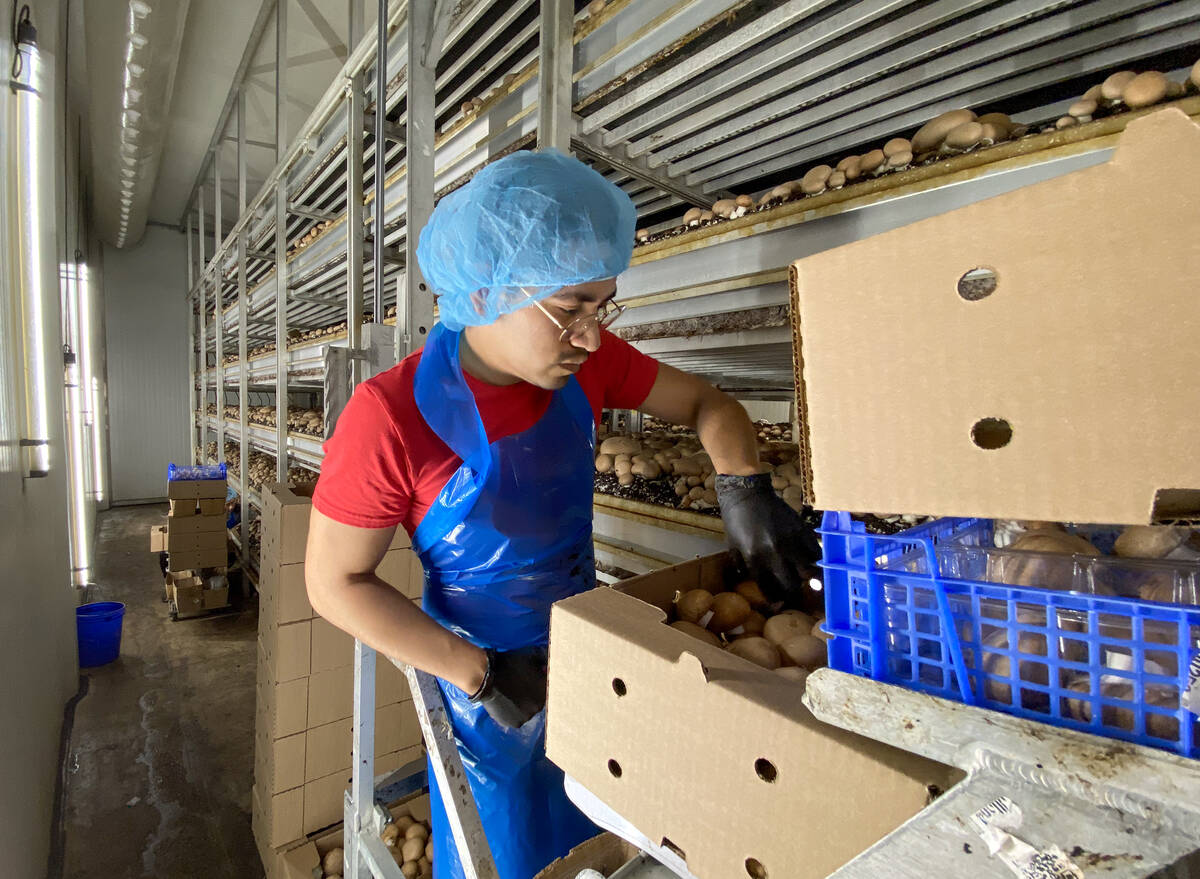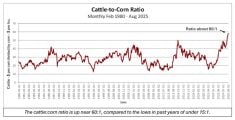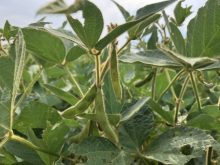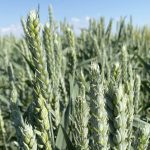Canada’s exports to Taiwan continue to increase to a 60 per cent market share in non-genetically modified (GM) soybeans in 2017.
Exports of non-GM and commodity soybeans increased 416 per cent from 2012 to 2017, totaling 46,000 tonnes.
Taiwan’s market is still dwarfed by Canada’s export of soybeans to Japan, which last year totaled 340,000 tonnes.
Why it matters: Asia is the engine behind the still-strong identity-preserved, non-GM soybean market in Ontario.
Soy Canada recently returned from a trip to Taiwan and Japan and the organization’s Executive Director Ron Davidson said Taiwan is growing its soy drink market and that accounts for much of the increase.
Read Also

Ontario’s other economic engine: agriculture and food
Ontario Federation of Agriculture president, Drew Spoelstra, says Ontario’s agriculture and agri-food sector should be recognized for its stability and economic driving force.
“Clearly Canadian soybeans are highly appreciated there,” he said. All the major Taiwanese soy beverage processors but one are using Canadian soybeans, and the one remaining holdout has agreed to do some testing with Canadian soys. Davidson credited Canada’s embassy staff for doing advance work with that processor before the Soy Canada delegation arrived.
Japan continues to be a stable and reliable market for Canadian non-GM identity-preserved (IP) soybeans.
“For both sides, it’s important to maintain that good relationship,” said Davidson.
The Canadians emphasized to the Japanese the importance of purchasing higher-yielding varieties of non-GM soybeans in order to encourage farmers to grow non-GM soybeans.
Global breeding programs have increased yields from GM soybeans and farmers have quickly adopted them. But as the non-GM market is demand driven, farmers aren’t going to grow the varieties unless the buyers commit to purchasing them.
Davidson says Japanese processors like varieties they can count on to deliver consistent and predictable taste, but they need to work with newer, higher-yielding non-GM soybeans that are available to farmers now.
Premiums can make up that yield difference, but the buyers aren’t going to want to continue increasing premiums over the long term. Using better yielding non-GM soys is a better answer, says Davidson.
“We heard the need to continue delivering an assured supply of high quality non-GM Identity Preserved soybeans and to intensify the frequency of engagement with our valued clients,” said Jim Millington, Soy Canada‘s director of market development. “Japan and Taiwan continue to have a good image of Canada and they are generally satisfied with the level of assurance delivered from Canadian exporters.”
The Soy Canada trip included producers, exporters, government officials and industry personnel from across Canada. They were in Asia from Feb. 26 to March 2.













